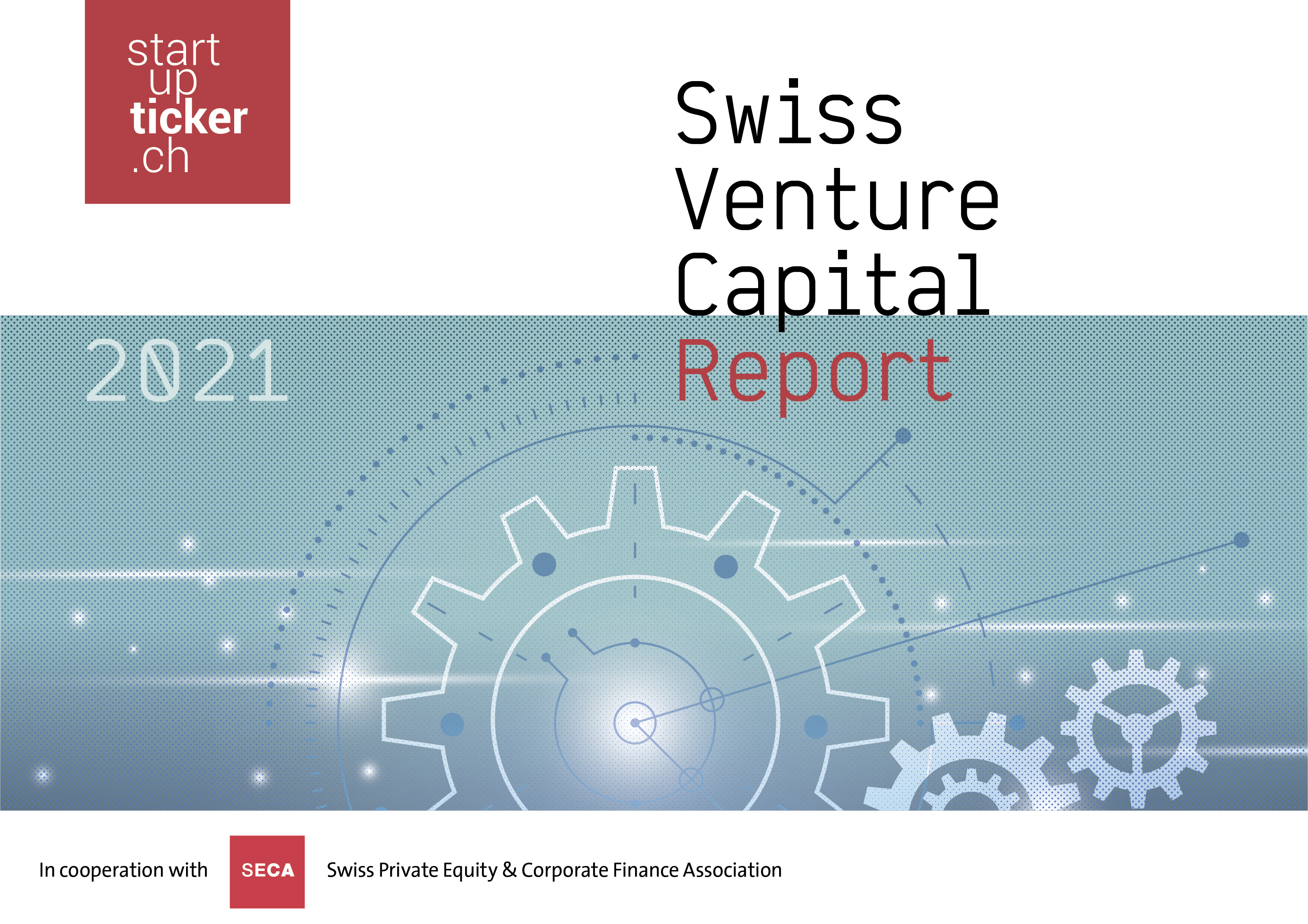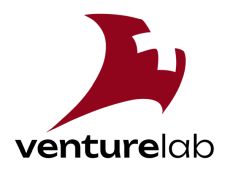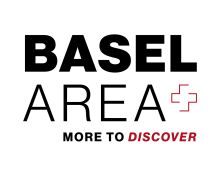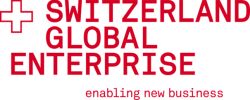
The HealthTech Business Angel of the Year Award recognizes the role Business Angels play in supporting early-stage HealthTech startups. Gido Karges, a Swiss-German Board Member, Consultant, HealhTech investor and Interim Manager with a remarkable track record in the Medical Device Industry and in manufacturing and trade of technical products, has been honored with this award. He was nominated by the founder of one of his portfolio companies, citing his exceptional responsiveness, extensive business and investor networks, entrepreneurial expertise, and subject matter knowledge. His long-term role as CEO of Straub Medical AG, culminating in its acquisition by BD (Becton Dickinson, NYSE: BDx), was another significant factor. “We believe these qualities are crucial for a value-adding Business Angel, substantially improving the success prospects for emerging startups,' says Vincent Irring, Managing Director of MEDKAP, an investor association uniting Healthtech investors.
How do you feel about winning the MEDKAP Health Business Angel Award?
GK: I believe there are many others who deserve to win this award, so it feels like a tremendous honor. At the same time, I see myself as just one among many who could have qualified for it, which makes the experience feel slightly surreal. Still, I take it as a sign that I'm doing some things right.
Prior to joining MEDKAP were you investing in startups?
GK: Yes, but I only started investing three years ago. A little about my background: I initially studied law and then joined a consulting group advising medtech and pharma companies. I went back to university to study business administration, majoring in Marketing and Entrepreneurship. Upon completion, I was hired by a global player in the trade of technical supplies. There I held very interesting positions but started to miss the medical topics on the job. So, I joined a medical device company, first as sales manager and later Director of Sales and Marketing. After that I led Straub Medical AG as CEO for over 14 years, guiding it from what one might call a scale-up stage to an international group, which was eventually acquired by Beckton Dickinson (BD) in 2020.
What did you achieve in your 14 years at Straub Medical?
GK: I supported the company in globalizing its sales and marketing efforts, scaling up production, collecting clinical data, ensuring compliance with international regulations, and securing reimbursement for the products. I experienced the entire journey of what a medtech startup would typically go through, though it was no longer a traditional startup by the time I joined. From a business perspective, however, there was still so much left to accomplish.
I was entrusted with the authority to do whatever was necessary, so I began by building a team with the requisite skills. Ultimately, we became a self-sufficient, highly profitable international group, with subsidiaries in multiple countries, a robust distribution network, and active operations in over 40 countries. We achieved regulatory approvals in more than 60 countries, all while maintaining strong performance and keeping production and manufacturing primarily in Switzerland.
Did you also manage the acquisition process yourself?
GK: I gained valuable insights into what it takes to exit a company by going through the entire process myself. This included strategically preparing for the exit, contracting the necessary service providers, writing an investors’ memorandum, assembling all the necessary materials for due diligence, supervising our vendor due diligence, acting as the principal point of contact for the acquirer due diligences of several global players interested, , participating in negotiations and ultimately securing the buyer Combined with my business background and former fund-raising experience, I feel I am now well equipped to serve as a business angel. And as business consultant, interim manager or board member, which are my current professional activities.
What are your focus areas when investing?
GK: I tend to focus my investments on startups with class 1 or 2 devices because the timeline to market is shorter, and the cost is more manageable compared to class 3 devices. A key factor I look for in teams is their expertise, particularly in regulatory affairs, reimbursement, and clinical trials. The team must have a clear understanding of the pathway to the market. In medtech, having a product ready-for-market means nothing without market clearance by the authorities of the target markets. You are not allowed to sell the product without market clearance. And even when market clearance is granted, one does not get market access without proper reimbursement by the health system of the target market. You need that in your home country, and in every target country. This requires you to understand the health system in every market that you want to bring that product to, and to understand how you can make money with that within the reimbursement system of that market. Just like receiving market clearance, getting reimbursement might take years. Lastly, you need to convince the physicians that your product is better than what they currently use. That’s not an easy task either! Being able to overcome these challenges, and to overcome them in the shortest time possible, is the key in the medical devices business. Companies with sound plans for how to address these challenges right from the beginning are the ones likely to rise to the top the fastest. Nevertheless, the process takes years, but proper planning makes a lot of difference in terms of jumping these hurdles.
Strategic support is just as important as financial backing for these startups. What kind of support do you offer to the startups you invest in?
GK: I have always believed that investing in a startup isn’t just about providing capital, it’s about offering strategic advice and guidance. Many startups struggle with the business side of things, and that’s where I come in. I challenge their business models, force them to refine their strategies, and help them to address any gaps in their plans. My goal is to help them succeed, not just provide the money and hope for the best. I do not act as an unpaid full-time employee, though. I provide advice, but the startup needs to execute on its own.
Are there any emerging trends that excite you currently?
GK: Surgical robots have a lot of potential, especially when you look at specialized robots. However, the regulatory pathway in this area is long and costly, which makes it a more challenging investment. I also see a lot of potential in using artificial intelligence to combine sensor data for pattern recognition, but there are concerns around data privacy and the regulatory obstacles that come with it. As for implantable sensors, it’s a great idea in theory, but the regulatory hurdles are immense. In the end, while there are a lot of promising ideas in medtech, the real challenge is getting these products through the regulatory maze and into the hands of healthcare providers.
The last few years have not been easy for VC investments. How do you see things developing going forward?
GK: The investment landscape, especially in business angel financing, is becoming increasingly difficult. There are fewer exits, and the financial markets as of now are very volatile, neither of which advertises risky startup investments. Additionally, both Switzerland’s political self-isolation and the now very rigorous European regulation of medical devices are also contributing factors that make Switzerland less attractive for foreign investors. There is no bonus for being in the centre of Europe anymore. In the past few years since the introduction of EU MDR, a sound strategy for market entry into the US had been seen as the best way to attract investments into Swiss medtech startups. The current political situation adds uncertainty to such strategies, which I believe will have a negative impact on the willingness of Angels and VCs to invest in a Swiss startup.
Do you think these challenges will lead to consolidation within the industry?
GK: Absolutely. With fewer investments being made and the increasing difficulty of navigating political and regulatory issues, I think we are going to see a consolidation phase. With less money available from individual Business Angels and with increasing risk aversion, fundraising will be much more difficult. This is the time for specialized investor associations like MEDKAP, that do have the experts to thoroughly scrutinize MedTech investment opportunities and can syndicate multiple Angel investments to meaningful amounts for the selected startups. I believe that less MedTech startups will receive funding, but those that do will be the ones that have demonstrated highest likelihood of fast market entry and economic success. In terms of proper resource allocation, the foreseeable consolidation might not be so bad after all.
When it comes to attracting foreign investors, what do you think Switzerland could do better, especially in the medtech sector?
GK: That’s a great question. Switzerland needs to make more of a concerted effort to position itself as an attractive destination for investment, particularly in future technologies like medtech. Political efforts need to align with this goal, and Switzerland should work on improving its global image in this regard. I mentioned before that the number of exits was very low in the past years. But exits are the best advertisement for new investments! How can we increase that number? Unlike in pharma, where we have global players’ headquarters – and with those: potential acquirers - in Switzerland, potential medtech acquirers have their headquarters outside of Switzerland. Governmental organizations working on the improvement of the medtech startup environment in Switzerland should therefore focus on advertising the Swiss medtech-startup landscape towards the Top100 medtech companies globally, and on facilitating access of the startups to regulatory, market access and clinical trial design specialists. The former might help in creating more exits, while the latter might help in improving and accelerating the startups pathway to market.
(RAN)
Image L-R: Gido Karges and Vincent Irrling


 The new Swiss Venture Capital Report was published on 26 January. It analyses 304 financing rounds closed in 2020 and includes further article such as an interview with Michael Hengartner, President of the ETH Board, and a list of Swiss "soonicorns".
The new Swiss Venture Capital Report was published on 26 January. It analyses 304 financing rounds closed in 2020 and includes further article such as an interview with Michael Hengartner, President of the ETH Board, and a list of Swiss "soonicorns". 




















































Please login or sign up to comment.
Commenting guidelines